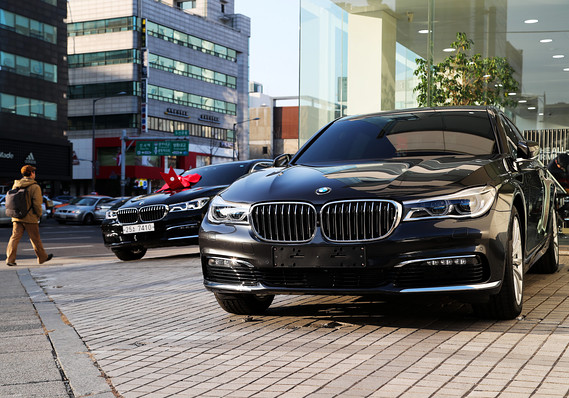 Bloomberg News
Bloomberg News
Automobiles from the European Union and Japan won’t be hit with U.S. tariffs for at least six months after President Donald Trump decided Friday to delay levies in favor of pursuing negotiations.
Trump has warned he would impose tariffs on autos and auto parts from those and other nations, but on Friday put such steps on hold.
“If agreements are not reached within 180 days, the president will determine whether and what further action needs to be taken,” the White House said in a statement.
Trump had been considering tariffs of 25% on imported cars and auto parts. He faced a Saturday deadline to act on recommendations from the Commerce Department, which said that imports of automobiles and certain auto parts threaten to impair U.S. national security.
A presidential proclamation directed U.S. Trade Representative Robert Lighthizer to pursue negotiations of deals “to address the threatened impairment of the national security.”
An industry group took issue with Trump’s characterization and the possibility of tariffs.
“Cars are not a national security threat,” said the Alliance of Automobile Manufacturers in a statement. “We are deeply concerned that the administration continues to consider imposing auto tariffs. By boosting car prices across the board and driving up car repair and maintenance costs, tariffs are essentially a massive tax on consumers,” said the trade group, whose members include Mercedes-Benz DAI, -1.19% USA, Mitsubishi Motors MSBHY, +0.60% and Volkswagen VOW3, -0.65% Group of America, in addition to brands like Ford F, +0.10% and General Motors GM, -0.28%
As the Associated Press noted, Trump used the national security justification last year to impose tariffs on steel and aluminum imports, with one of the motivations to coerce Canada and Mexico into agreeing to a rewrite of the North American Free Trade Agreement.
Want news about Asia delivered to your inbox? Subscribe to MarketWatch’s free Asia Daily newsletter. Sign up here.











